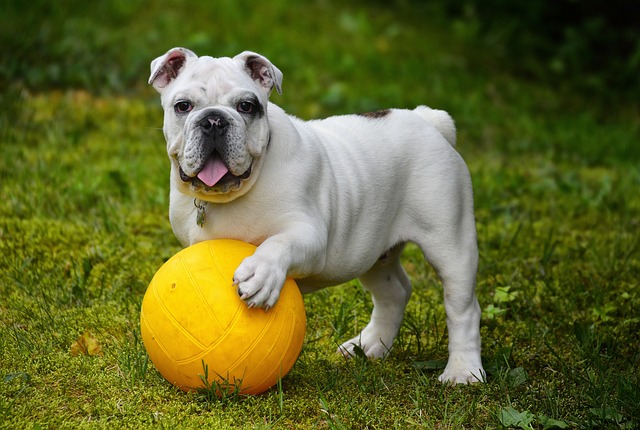
Would veterinarians recommend using dental cleaning sticks for pet dogs
If you’ve ever stood in the pet store, staring at a wall of dental chews while wondering if they’re worth the money, you’re not alone.
Hearing your dog erupt in that unmistakable, goose-honk cough can send any new pet parent into a panic. Kennel cough (or infectious tracheobronchitis) is incredibly common, sounding much worse than it often is. Think of it like the common cold for dogs – highly contagious, usually caused by a mix of viruses and bacteria like Bordetella, and spread through airborne droplets at the dog park, boarding kennel, or even during a quick sniff-fest on your neighborhood sidewalk walk. Most healthy adult dogs will shake it off within 1-3 weeks with supportive care at home. This means ensuring they get plenty of rest (skip the dog park and playdates!), keeping them well-hydrated (try adding low-sodium broth to water), and using a harness instead of a collar to avoid irritating their throat further. A humidifier in the room can also soothe that tickle.
So, when is that vet visit essential? Watch closely for red flags: if your pup becomes lethargic, loses interest in food, runs a fever (over 102.5°F), struggles to breathe, has discharge from eyes or nose turning yellow/green, or if the cough persists beyond three weeks. These signal potential complications like pneumonia, especially risky for puppies, seniors, or dogs with pre-existing conditions like brachycephalic breeds (think Pugs or Bulldogs). Your vet can then determine if antibiotics (only effective against bacterial components) or cough suppressants are truly needed. Remember, forcing antibiotics for a simple viral case contributes to resistance – a growing concern vets take seriously.

Living in tight quarters? If you're in a downtown apartment complex like those common in Chicago or NYC, managing kennel cough requires extra consideration. That cough travels easily in hallways and shared elevators. Be hyper-vigilant about keeping your dog away from others during potty breaks. Stick to quick, essential outings, perhaps during quieter times, and always, always clean up immediately – carrying extra poop bags isn't just courtesy, it's often legally required in public spaces and apartment communities to prevent disease spread and environmental contamination. Compliance isn't just about avoiding fines; it's community responsibility.
Here’s the crucial legal and cultural backdrop: Keeping your dog's core vaccinations (like DHPP) and Bordetella vaccine up-to-date isn't just smart prevention; it's often mandated for boarding, grooming, doggy daycare, or training classes across the US. Using fear or physical punishment because you're frustrated with the constant coughing is unacceptable and counterproductive. Positive reinforcement – rewarding calm behavior and offering comforting cuddles (if they seek them) – aligns with modern, science-based training ethics strongly advocated by organizations like the AVSAB. Responsible ownership means knowing when home care suffices and when professional veterinary advice is non-negotiable for your furry family member's welfare.

If you’ve ever stood in the pet store, staring at a wall of dental chews while wondering if they’re worth the money, you’re not alone.

Walk down any pet store aisle, and you’ll see shelves lined with dental chews—colorful, bone-shaped treats promising to clean teeth and freshen breath.

If you’ve ever struggled to brush your dog’s teeth—dodging wiggly heads, slobbery paws, or the occasional playful bite—you’ve probably wondered about easier alternatives.

Finding your dog lethargic, with dry gums and sunken eyes, is enough to make any new pet owner panic. Dehydration creeps up fast

Watching your golden retriever scratch his ears raw after meals or sprint to the backyard with digestive urgency turns dinnertime into a nightmare.

There’s something undeniably captivating about a husky’s gaze, and when those eyes are a rich shade of brown, it’s like stumbling upon a hidden gem.